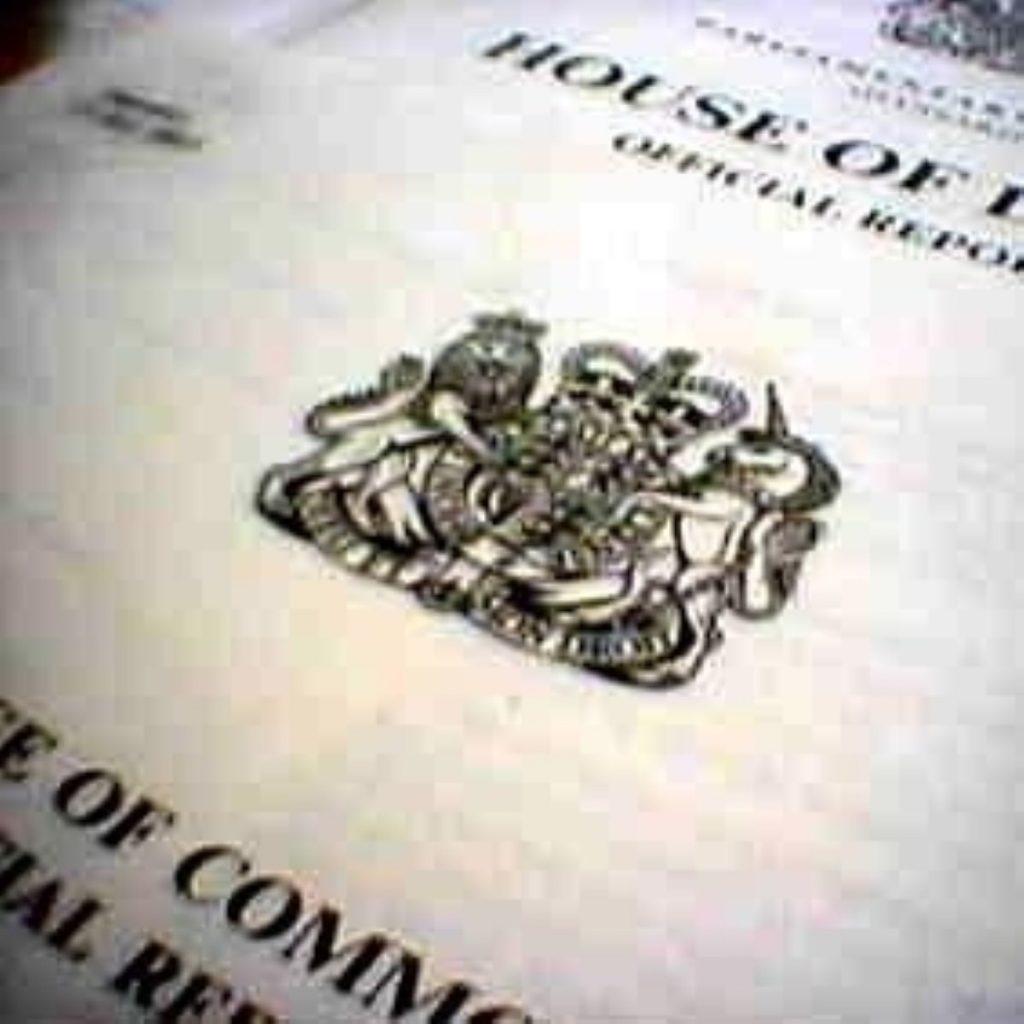Govt renews control orders
By politics.co.uk staff
The government has renewed its controversial control order legislation, which restricts the movement of suspected terrorists, following a successful vote in parliament.
The Conservatives did not oppose the renewal of the system for another year, but home affairs spokesman Crispin Blunt said they “do damage to the basic notion of British liberty and to the values we seek to defend”.
He said rather than oppose them he would be looking at possible alternatives to replace the system on the basis he hoped to be in government by the time they need to be renewed again next year.


The powers – founded in the Prevention of Terrorism Act 2005 (PTA) – must be reviewed and renewed by a vote of both Houses each year in order to remain.
“Four years after the control order regime was introduced, supposedly as a temporary measure, there is no sign of it going away,” said Amnesty International UK director Kate Allen.
“We need a comprehensive rethink of the system and a full review of all the alternatives.”
PTA was introduced after the House of Lords ruled that existing powers to detain foreign nationals suspected of terrorism were disproportionate and discriminatory, as well as being in breach of European Convention on Human Rights (ECHR) and Human Rights Act (HRA).
But activists argue that the secretive nature of the control order process – the individual in question is not allowed to see the evidence against him – leaves the public unable to effectively challenge the orders.
The ‘special advocates’ appointed to ‘represent the interests’ of the individual are roundly condemned by legal experts and civil liberties advocates because they cannot take instructions from the person they are supposed to represent.
The concerns over control orders go to the heart of the British legal system, with opponents saying they offer the government the power to impose a form of detention on UK and foreign nationals for an indefinite period of time, effectively imposing on them a criminal punishment without charge or trial, on the basis of secret intelligence that is never disclosed to them.
Last week, a report by parliament’s Joint Committee on Human Rights (JCHR), concluded: “We continue to have very serious concerns about the human rights compatibility of both the control orders regime itself and its operation in practice.
“We remain concerned that it will continue to result in breaches of both the right to liberty and the right to a fair hearing. Moreover, with every annual renewal, we grow more concerned about the length of time for which a number of individuals have been the subject of control orders.”
The Liberal Democrats opposed the renewal.
Lib Dem leader Chris Huhne said: “[They] breach key rights to a fair hearing and they perilously get close to reversing a very fundamental principle of our criminal justice system that we are innocent until proven guilty.”
Both the JCHR and Lord Carlile, the government’s independent reviewer of counter-terrorism policy, have raised serious concerns about the length of time that some people have been subjected to the orders.












